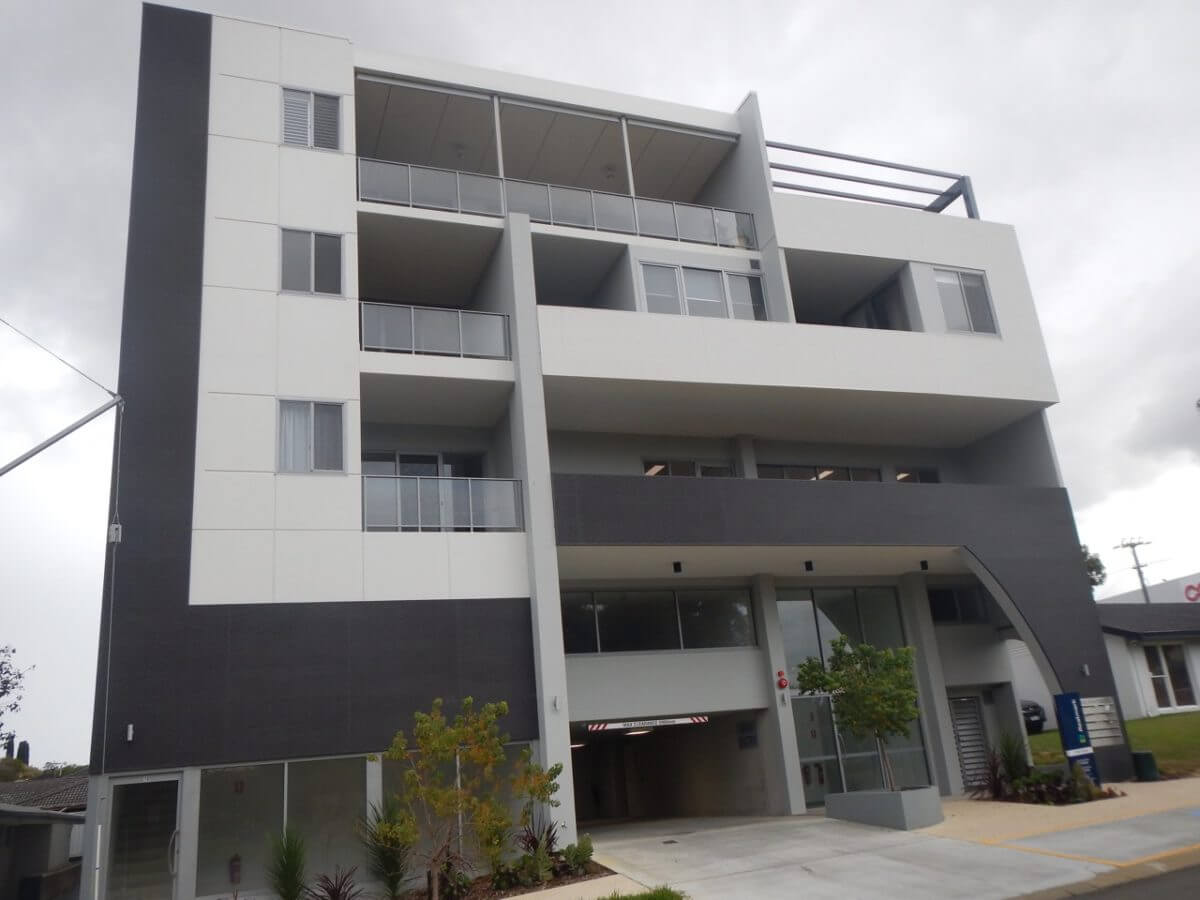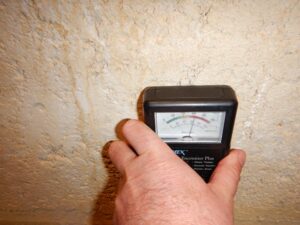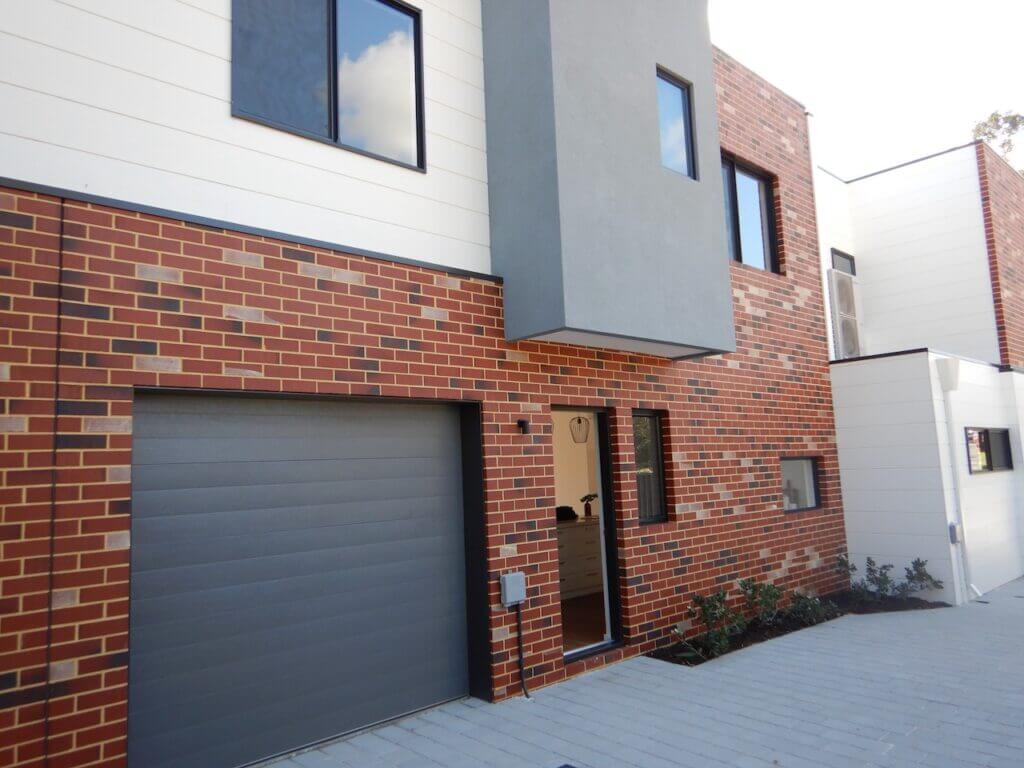Maintenance inspections. Master Building Inspectors provides 5/10 year maintenance plans to assist strata companies with projecting planned maintenance.
The best way to maintain a property is by conducting regular maintenance inspections. By conducting these inspections, the owners corporation meets its obligations and the value of the building is protected.
Regular upkeep of maintenance items is highly advised on all buildings and a building maintenance report is the best way to stay informed of projected forthcoming remedial works.
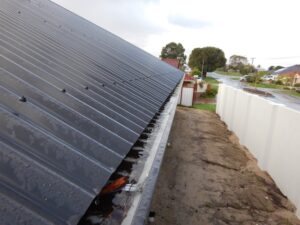
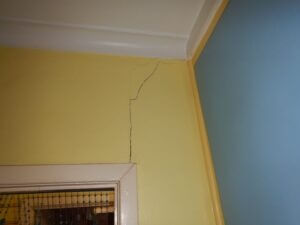
Common Issues Identified During Maintenance Inspections
Commonly identified issues noted during strata inspections include: deteriorated fencing, water leakage issues/damp ingress, corrosion/rust, deteriorated paintwork, wood rot, rusted gutters, broken roof tiles, cracked brickwork, windows/door deteriorated.
Typically paintwork is the most commonly noted item. Defective paint is generally an appearance defect, but may be indicative of poor surface preparation and substandard workmanship.
Furthermore, substandard paint finishes in areas exposed to moisture e.g. external areas or wet areas could lead to deterioration of underlying building materials.
Substandard paint finishes should always be sanded back and repainted as applicable.
Where inadequate paint protection has led to the deterioration of the associated building element, repair and/or replacement of the building element may be required.
Deterioration to timber structures can also be considerably expensive to rectify. Wood rot which is technically known as Fungal Decay occurs when timbers and other cellulose building materials are exposed to damp conditions on an ongoing basis.
This is typically the result of exposure to weathering over the long term and/or poor application of paintwork or sealer. Early intervention and regular maintenance, particularly of exterior timbers will prolong the lifespan of these building elements.
The Strata Titles Act 1985 describes a strata titled lot as a defined portion of a building, group of buildings or land for which a separate Certificate of Title is issued.
Common strata property types that we inspect include:
- Serviced Apartments
- Factory Units
- Townhouses
- Residential apartments
- Retirement Villages
- Commercial/residential mixed use
- Commercial Offices
Strata title allows for individual ownership of a part of a property along with shared ownership of the common areas. However, as a lot owner, you are governed by state legislation.
What type of Maintenance plan is provided?
A maintenance report will be provided outlining current defects with the complex, along with projected maintenance issues over a 5 to 10 year period. Recommendations for repairs are also provided.
Master Building Inspectors reports are completed in accordance with the Australian Standards requirements. We access all areas within the strata common property and report within the agreed scope of inspection.
Items typically identified during a maintenance inspection include:
- Structural/cracking related defects
- Workmanship defects
- Safety hazards
- Water leaks
- Maintenance items
Maintaining the common areas is usually the responsibility of the Body Corporate. These areas are typically:
- The external roof
- Foundations
- Roof cavities above the top floor properties
- The outside of the building/external walls
- Lawns, gardens, pavements
- Swimming pools/barbeques
- Balustrades or railings
- Internal common areas, windows, doors, stairwells, walls, ceilings etc
- Fencing, gates etc
Please note, plumbing & electrics are specialised trades. As such we do not comment upon items such as water pipes and electrical wiring.
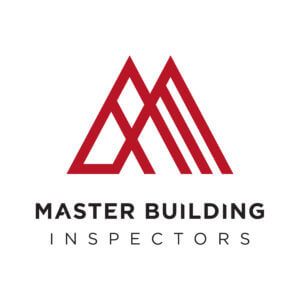
About your Master Building Inspector
Unfortunately, the building inspection industry in Perth is unregulated.
Therefore, it is paramount that the building inspector assessing your build is suitably experienced and qualified.
Many companies in Perth, state that their inspectors are registered. Sadly, this is a false statement, as there is currently no such qualification.
- All inspectors are qualified, registered builders, holding registration with the WA Building Commission.
- Fully insured. Every building inspectors holds Public liability & Professional Indemnity insurances underwritten by Lloyds of London.
- All inspectors come from trade backgrounds. They have been involved with the construction of residential & commercial builds for years!
- Every one of our inspectors has undertaken extensive training in the inspection and reporting process.
We recommend checking your inspectors credentials, as many so call “registered building inspectors” have no building experience or qualifications and come from accounting & management backgrounds. Further information can be found via our Master Building Inspectors Blog.
Contact Master Building Inspectors today for all pre-purchase structural building inspection enquiries on 1300 852 496.
We are available to conduct building inspections Perth wide from Monday through to Saturday.


